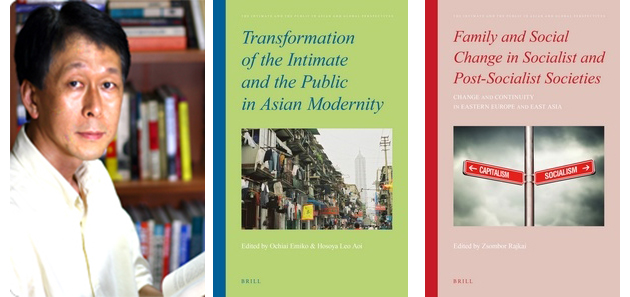
Professor Chang's theory of ‘compressed modernity’ has been a key component in Korean studies worldwide
Since the mid-90s, Professor Chang Kyung-Sup (Department of Sociology) has defined South Korea’s post-war development as ‘compressed modernity’. Since then, his theory of ‘compressed modernity’ has been a key component in Korean studies worldwide. Most notably, his study on compressed modernity’s basis on family values was chosen by the Kyoto University Global Center of Excellence as one of the Center’s main research topics between 2008 and 2012. Professor Chang argues that Korea’s rapid economic development was enabled by a family-oriented economic and social system which eventually led Koreans to experience chronic fatigue toward family, thus resulting in high divorce rates and ultra-low birth rates. His research in cooperation with Kyoto University was published in two books by Brill Academic Publishers - Transformation of the Intimate and the Public in Asian Modernity, and Family and Social Change in Socialist and Post-Socialist Societies.
- Professor CHANG Kyung-Sup: http://sociology.snu.ac.kr/eng/faculty/faculty_8.php
- SNU Dept. of Sociology: http://sociology.snu.ac.kr/
Summary by LEE Hee Un, SNU English Editor, gurume0221@snu.ac.kr
Proofread by Melora Brett Briana Johnson, morningcalm2@gmail.com

